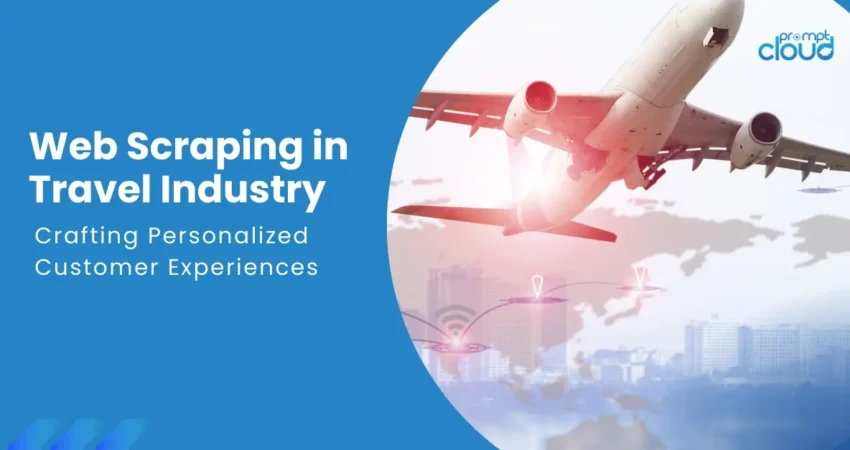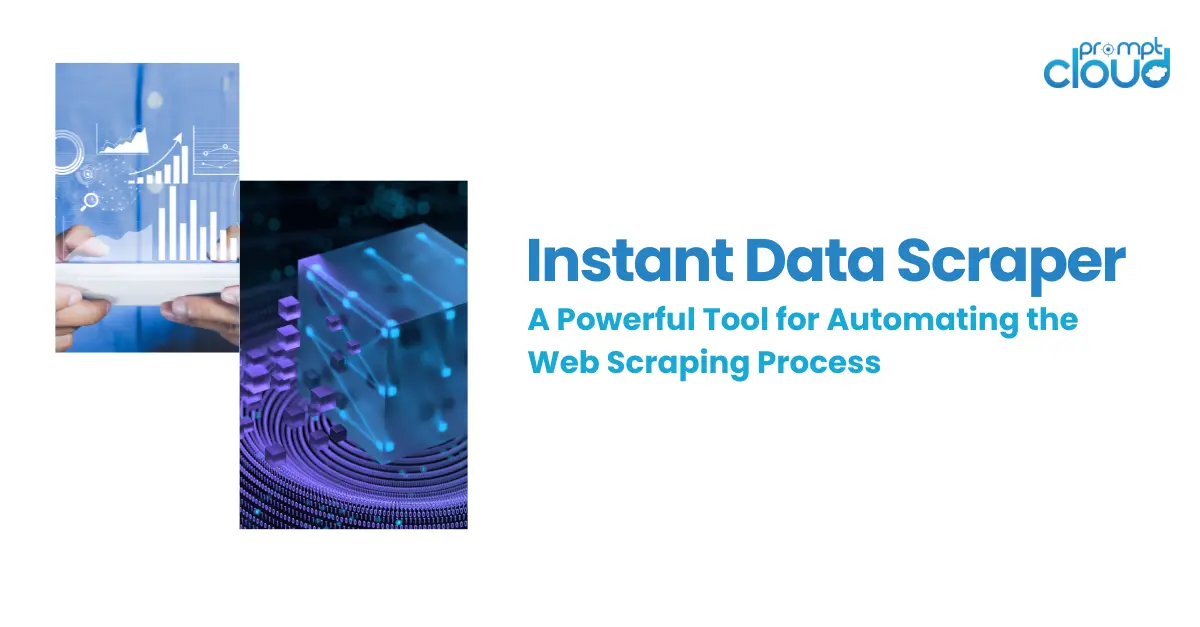
In the fiercely competitive travel industry, personalization isn’t just a trend – it’s essential for standing out and captivating customers. More than ever, travelers demand services that resonate with their unique preferences and interests. To meet this demand, savvy companies are turning to web scraping, a powerful tool that allows them to collect and leverage vast amounts of data, transforming the way they interact with customers. This article delves into how web scraping travel data is being used to craft personalized experiences that are setting businesses apart in the travel sector.
The Power of Personalization in Travel
Personalized customer experiences in travel mean more than just greeting a customer by name. It’s about understanding the traveler’s behavior, preferences, and needs, then delivering services and offers that align perfectly with their expectations. Here’s how web scraping is making this possible.
- Tailored Travel Recommendations: By scraping travel data data from various sources, including booking sites, social media platforms, and travel forums, companies can gather insights into what specific segments of travelers are seeking. For instance, Booking.com uses data from millions of user interactions to offer destination recommendations that are uniquely suited to the traveler’s past preferences and interests, enhancing the likelihood of bookings.
- Dynamic Pricing Optimization: Competitive pricing is crucial in the travel industry. Through web scraping travel data, businesses can monitor how prices are changing in real-time across different platforms and adjust their own pricing strategies to remain competitive. Airlines like Delta and hotels use scraped data to dynamically adjust their prices based on demand, competitor pricing, and other market factors.
- Customized Marketing Efforts: With access to detailed demographic and psychographic data extracted through web scraping travel data, travel companies can craft highly targeted marketing campaigns. For example, a cruise line might use data scraped from customer reviews and booking patterns to target families with special holiday packages that include onboard credits and kid-friendly activities.
- Improved Customer Service: Web scraping can also enhance customer service by aggregating customer reviews and feedback from across the web. This allows companies to quickly identify and address common concerns and improve their service offerings. TripAdvisor, for example, aggregates millions of reviews, which not only aids travelers in making informed decisions but also helps businesses monitor and improve their service quality based on feedback.
Airbnb’s Innovative Use of Data
Airbnb stands out as a prime example of using web scraping to enhance user experiences. The platform constantly analyzes data on user preferences, seasonal trends, and pricing strategies in different locales. This enables Airbnb to provide hosts with valuable insights on how to price their listings competitively and decorate or equip their rentals to attract more guests based on current trends identified through data.
Use Cases of Web Scraping in the Travel Industry
Web scraping has become an invaluable tool for the travel industry, providing a wealth of opportunities to enhance business strategies, optimize customer experiences, and stay competitive. Here are several key use cases demonstrating how travel companies are leveraging web scraping to transform their operations:
Market Research and Trend Analysis
Travel companies use web scraping to gather and analyze data from various travel-related websites, blogs, and forums. This helps them identify emerging trends, such as new popular destinations, changing traveler preferences, and seasonal fluctuations in travel activity. For example, a travel agency might scrape data to find out which exotic locations are trending among millennials or which adventure activities are gaining popularity.
Competitive Pricing Strategy
Pricing competitiveness is crucial in the travel industry. Companies use web scraping travel data to monitor competitors’ pricing for flights, accommodations, and travel packages in real-time. This data allows them to adjust their pricing strategies dynamically to attract more customers without sacrificing profit margins. Airlines, for example, frequently scrape data to adjust their ticket prices based on factors like competitor pricing, demand, and external events that might affect travel plans.
Customer Sentiment Analysis
Web scraping is used to gather reviews and feedback from travel platforms, social media, and review sites. This aggregated data provides insights into customer satisfaction and service areas needing improvement. Companies analyze this feedback to refine their services, address prevalent issues, and enhance overall customer satisfaction.
Personalized Marketing Campaigns
By scraping travel data on customer behaviors and preferences, travel businesses can tailor their marketing efforts to individual needs and interests. For instance, if data shows a significant interest in beach resorts among a particular user segment, a travel company can customize its promotional emails to highlight special offers on beach holidays specifically to that segment, thereby increasing the relevance and effectiveness of its marketing campaigns.
Inventory and Supply Chain Management
Web scraping helps travel businesses manage their inventory more efficiently by providing insights into demand patterns. Hotels and rental services use scraped data to adjust their availability and rates, ensuring they maximize occupancy and revenue. Similarly, tour operators can use demand insights to plan and allocate resources more effectively, such as guides and equipment, based on the popularity of certain tours.
Conclusion
The strategic application of web scraping in the travel industry opens up a plethora of opportunities for enhanced customer engagement, competitive pricing, operational efficiency, and much more. As the industry continues to evolve with technological advancements, the use of web scraping will undoubtedly expand, helping businesses not only to survive but to thrive in the competitive travel market.
Web scraping in the travel industry offers a pathway to deeply personalized customer experiences, driving satisfaction and loyalty. By effectively utilizing this technology, travel businesses can not only anticipate customer needs but also stay one step ahead in a competitive market. As we move forward, the integration of sophisticated data analysis tools will continue to define the leaders in travel, making personalization a key differentiator in attracting and retaining customers.



















